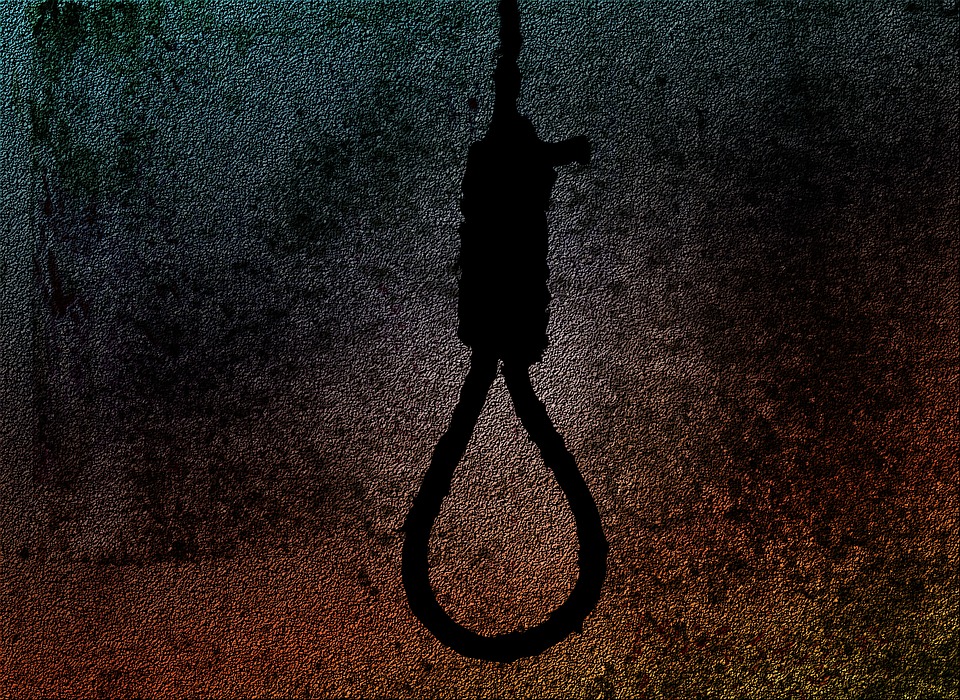
If there's one thing the Muslim world knows how to do right, it's how to properly deal with criminals who commit heinous crimes against innocent human beings.
As covered by Gabor Zolna at his Brighteon.com channel, three convicted pedophiles in Yemen were recently executed for brutally raping, then murdering, a 10-year-old boy, which under Sharia Law requires strict capital punishment.
Graphic photos published by Express.co.uk show the three men in blue overalls, handcuffed and lying face down on the ground with guns pointed at their bodies. After each being shot, execution style, five times in the heart, their bodies were then hanged publicly from a crane.
The purpose of this display was to warn those passing underneath the corpses that pedophilia will not be tolerated in Yemen, a country that not only embraces capital punishment, but that also has one of the highest execution rates per capita in the world.
"Capital crimes include violent acts like murder, rape or terrorism or in cases of 'Hudud' offences under Sharia law such as adultery, sexual misconduct, sodomy, prostitution, blasphemy and apostasy," writes Latifa Yedroudj for Express.co.uk.
"Kidnapping, violent robbery, drug trafficking and treason can also possibly carry a death sentence depending on the circumstances."
Sodomy is similarly punished with execution in Yemen
Not everything is punished justly in Yemen, however. Back in 2013, a man named Mohammed Haza'a was put to death by the Yemeni government simply for defending himself from a home invader.
Though judges ruled that the incident was merely self-defense, not to mention the fact that Haza'a was a minor at the time, the young man was eventually sentenced to death by firing squad.
"They put them on the ground, they cover them with the blanket and then a doctor comes and points around the heart from the back side," says George Abu Al-Zulof, a child protection specialist from UNICEF, about the typical procedure in Yemen for executing convicted criminals.
"Then they shoot three to four bullets [into] the heart.
Nearby Saudi Arabia, a strategic ally of the United States, has similarly aggressive capital punishment laws on the books. Just a few days ago, the country's leaders actually crucified a man who reportedly stabbed a woman to death.
Elias Abulkalaam Jamaleddeen is said to have entered the home of a woman living in Myanmar. He was carrying a gun, but authorities say he used a knife to murder the woman, for which he was later sentenced to beheading.
With the full support of Saudi King Salman, as well as the Saudi supreme court, Jamaleddeen's headless corpse was afterwards put in a cross and publicly displayed in Mecca, also as a warning to would-be murderers to think twice before taking another human life.
The Saudi government doesn't just execute people for committing actual crimes like this, it's important to note. According to UNICEF Middle East Research Director, Lynn Maalouf, speaking out against the Saudi government can bring about similar consequences.
"The Saudi authorities have been using the death penalty as a tool to crush dissent and rein in minorities with callous disregard for human life," she's quoted as saying.
Zolna doesn't think very highly of Saudi Arabia, either.
"You know what I think about Saudi Arabia, don't you? They want the return of the Ottoman Empire. They are the leaders of Sharia Law."
Be sure to watch his full video report at Brighteon.com.
Sources for this article include:
Please contact us for more information.





















